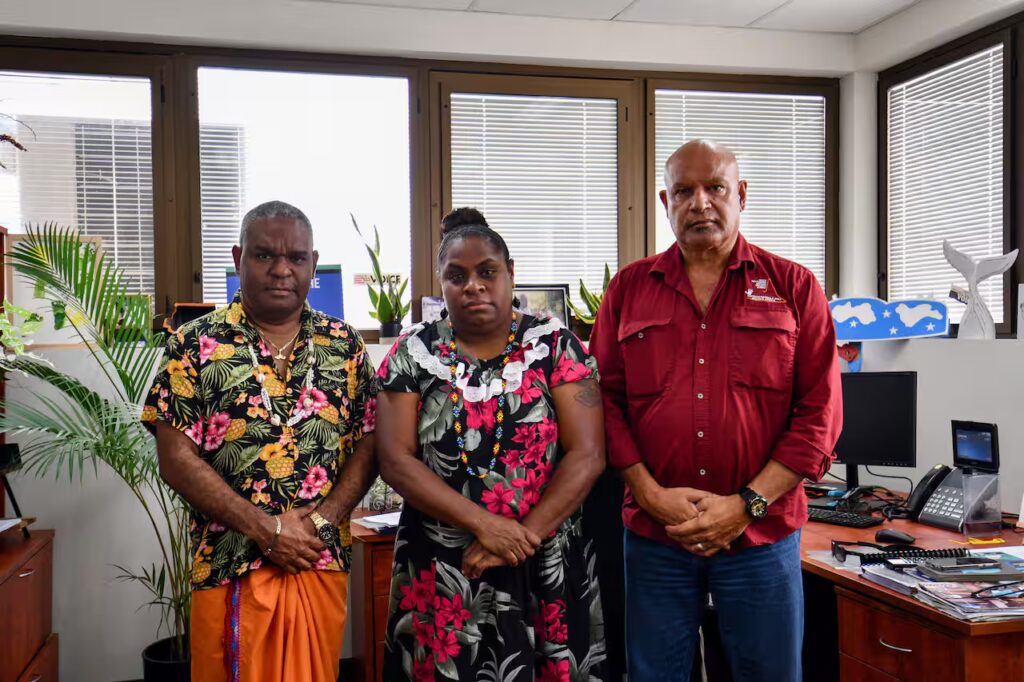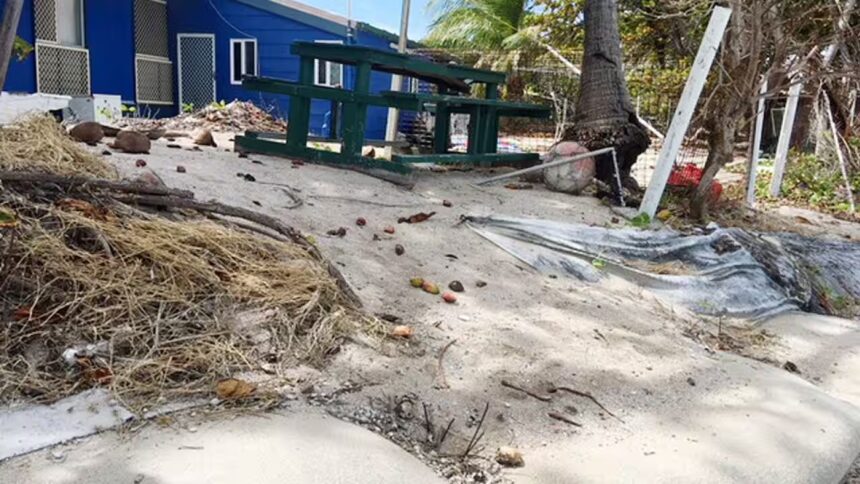Torres Strait leaders call for stronger climate action after court ruling
After the Federal Court dismissed a landmark climate case brought by Torres Strait Elders, community leaders have renewed urgent calls for broader government action beyond sea walls and sandbags.
Justice Michael Wigney ruled the Commonwealth holds no duty of care to protect Australians from climate change, effectively ending the legal action led by Elders Uncle Pabai Pabai and Uncle Paul Kabai. While the ruling closed one legal path, Torres Strait mayors insist a new political road must now open.
“It is not just a legal outcome, it is a moral failure to acknowledge the lived realities of communities on the frontlines of climate change,” the joint mayoral statement read.
Elders and mayors unite for legislative recognition of culture and land
The Mayors of Torres Shire Council, Torres Strait Island Regional Council, and Northern Peninsula Area Regional Council jointly supported the class action’s intent and expressed solidarity with the Elders’ cause.
“This ruling may have closed one door, but it has opened another – a door for Parliament to step up,” said Mayor Elsie Seriat.
She stressed the need for climate legislation that recognises culture, tradition, and custom as foundational pillars in the fight against climate change. The message was clear: “Our people are not expendable.”
Mayor Phillemon Mosby echoed the concern, reminding Australia that rising seas aren’t just swallowing coastlines—they’re threatening ancestral burial sites and eroding centuries of cultural identity.

Communities urge shift from short-term responses to cultural preservation
The regional leaders made it clear that adaptation strategies must evolve. Beyond engineering barriers, they seek investment in cultural site preservation, knowledge transmission, and protection of traditional practices.
“The Torres Strait and Northern Cape is not just a remote region – it is a front line,” the joint statement declared. “What happens here matters for all of Australia.”
Northern Peninsula Mayor Robert Poipoi added, “Climate change doesn’t recognise boundaries and neither should our response. The North is unified in this fight.”
Government responds, but locals demand more commitment
A government spokesperson defended its climate policy record, noting that “we’re on track to achieve our ambitious but achievable targets of 43 per cent emissions reduction by 2030.”
However, with sea levels rising and communities increasingly vulnerable, Torres Strait leaders are demanding more. As Australia finalises its first National Climate Risk Assessment and Adaptation Plan, these communities want tangible support that reflects the urgency, identity, and sovereignty embedded in their struggle.






